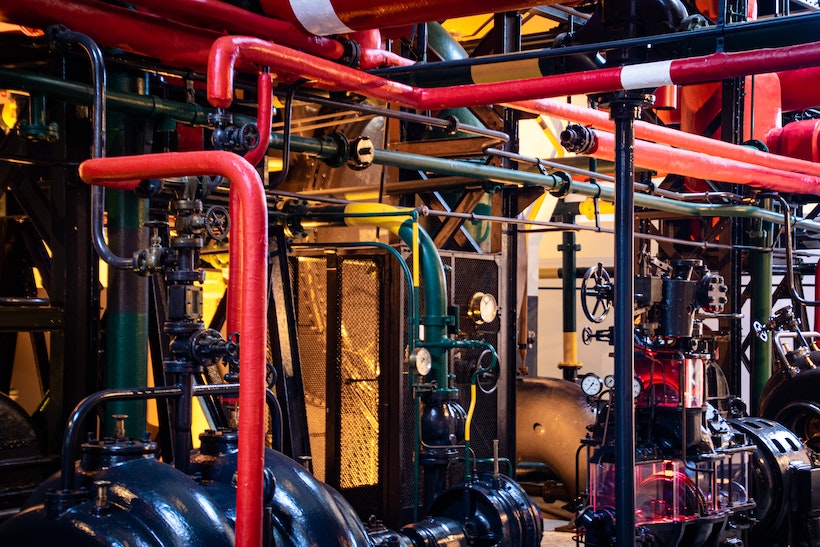An Energy-Efficient and Sustainable Solution for Your Home

As energy costs continue to rise, homeowners are always searching for ways to save money on their utility bills while reducing their carbon footprint. One solution that is gaining popularity in New Zealand is heat pump hot water systems. These systems offer many benefits over traditional water heaters, including increased energy efficiency, reduced greenhouse gas emissions, and cost savings on your energy bills. In this article, we will explore how heat pump hot water systems work and why they are an excellent investment for your home.
What is a Heat Pump Hot Water System?
A heat pump hot water system is a type of water heating system that operates by transferring heat from the air outside your home to heat water stored in a tank. This process is similar to how an air conditioner or refrigerator works. The system has four main components: an evaporator, compressor, condenser, and expansion valve. The evaporator absorbs heat from the surrounding air and transfers it to the refrigerant, which is then compressed by the compressor. This compression raises the temperature of the refrigerant, which is then released into the water stored in the tank through the condenser. Finally, the expansion valve causes the refrigerant to expand and cool before the process begins again.
How Does a Heat Pump Hot Water System Work?
A heat pump hot water system operates on the same principle as a refrigerator or air conditioner. Instead of using electricity to create heat, it uses electricity to transfer heat from the surrounding air to heat water in a storage tank. This process is much more energy-efficient than traditional electric or gas water heaters because it uses less energy to heat the same amount of water.
Benefits of Heat Pump Hot Water Systems
Energy Efficiency: Heat pump hot water systems are much more energy-efficient than traditional water heaters. They use approximately one-third to one-fourth of the energy of traditional water heaters to heat the same amount of water. This results in significant cost savings on your energy bills.
Environmental Friendliness: Heat pump hot water systems produce much less greenhouse gas emissions compared to traditional electric or gas water heaters, making them an environmentally friendly choice for your home. By reducing your carbon footprint, you can help to protect the environment for future generations.
Longevity: Heat pump hot water systems typically last longer than traditional water heaters, with an expected lifespan of 10-15 years. This is due to the fact that they don’t have to work as hard to heat water, resulting in less wear and tear on the system.
Versatility: Heat pump hot water systems are versatile and can be used in a range of homes and climates. They can operate efficiently in a range of temperatures, from -5°C to 45°C, making them suitable for homes across New Zealand.
Low Maintenance: Heat pump hot water systems require minimal maintenance compared to traditional water heaters. They don’t have any heating elements or burners that need to be cleaned or replaced, and the only regular maintenance required is to clean or replace the air filters.
Conclusion
Heat pump hot water systems are an energy-efficient and sustainable solution for heating water in your home. They offer many benefits over traditional water heaters, including increased energy efficiency, reduced greenhouse gas emissions, and cost savings on your energy bills. With their versatility and low maintenance requirements, they are an excellent investment for any homeowner looking to reduce their carbon footprint and save money on their utility bills. If you’re considering upgrading your home’s water heating system, a heat pump hot water system is a smart choice that will pay off in the long run.


